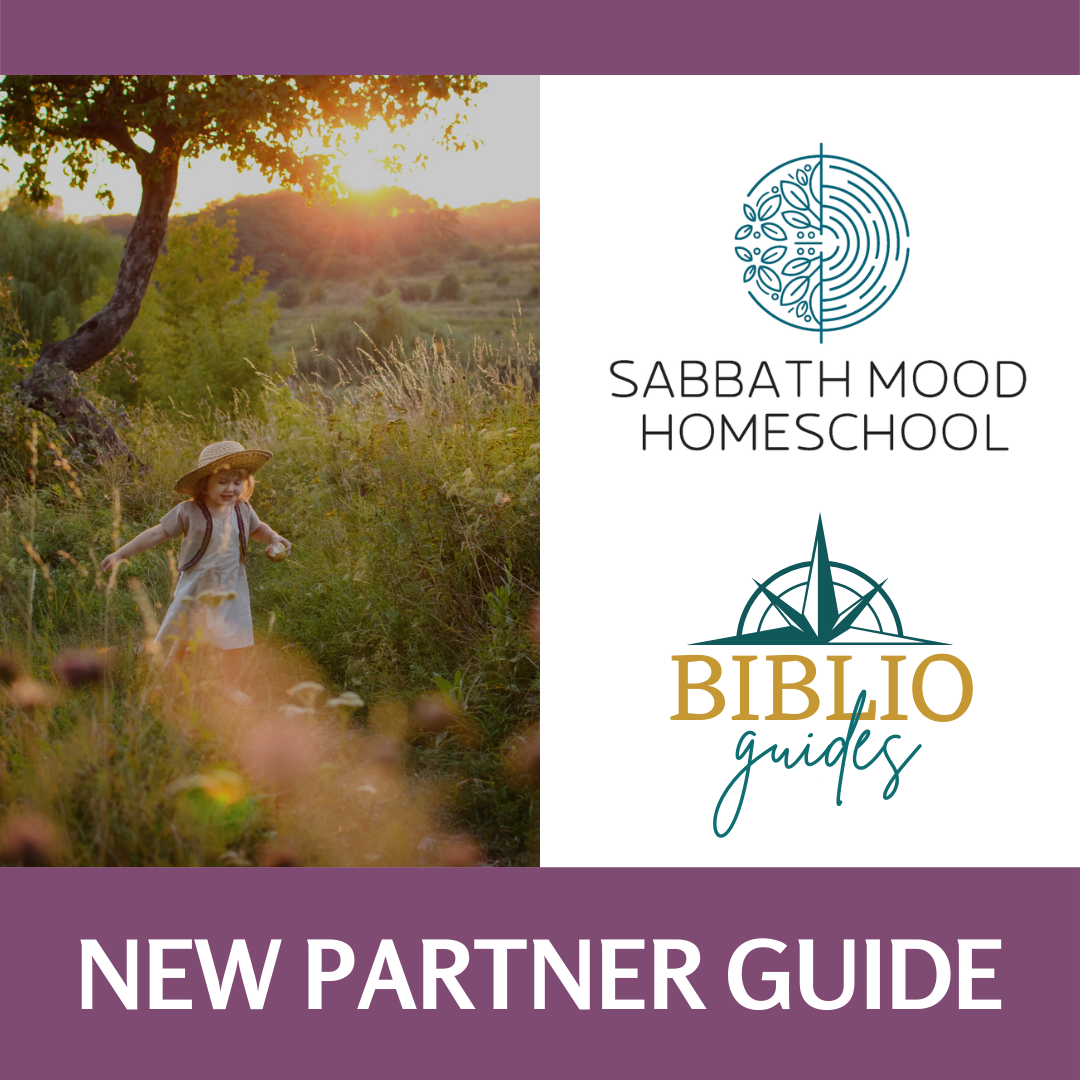Charlotte Mason quoted Huxley to say, “Books dealing with science as with history, say, should be of a literary character, and we should probably be more scientific as a people if we scrapped all the text-books which swell publishers’ lists and nearly all the chalk expended so freely on our blackboards.” She explained why that is true: “The mind is capable of dealing with only one kind of food; it lives, grows and is nourished upon ideas only; mere information is to it as a meal of sawdust to the body; there are no organs for the assimilation of the one more than of the other.“
Therefore, science must have its living books.
Do not be concerned that some of these books seem old. They may not have beautiful covers, but they are typically written in far richer language than we find in modern books. Many factors led to an explosion in the number of quality books written for children in the early 1900s–the Golden Age of Children’s Literature. However, the quality declined during the 1960s when the government started federally funding libraries. As more money was available to libraries, the demand for only exceptional books decreased.
Furthermore, the common information, which is most valuable to our students, typically hasn’t changed. For instance, the “butterfly cycle” hasn’t changed in the last 100 years. Some things will be incorrect, such as the news that Pluto is no longer a planet, but it’s easy to borrow a short book such as Pluto’s Secret to clarify this detail or to take two minutes to explain. Besides, who says every last detail in that text book published in the previous year is correct?
- Nature Lore Books
- Biology & Botany books
- Human Anatomy & Medicine books
- Chemistry books
- Physics books
- Earth Science: Weather books
- Earth Science: Astronomy books
- Earth Science: Geology, Water & Environment books
- Technology & Engineering books
- My Favorite Science Biographies
- Science Biographies by century for leisure reading

I encourage you to check out Biblioguides, which now offers an SMH partner guide. They provide a list of all of the books on SMH, but with added information, including (when available) images of the book’s cover, a complete description, a look inside, and links to available digital versions. Also, with advanced search capabilities, you can find books that meet your qualifications. “Biblioguides gives you the resources and tools to discover the right book for the right person at the right moment.” They offer a free trial, so do check it out.
